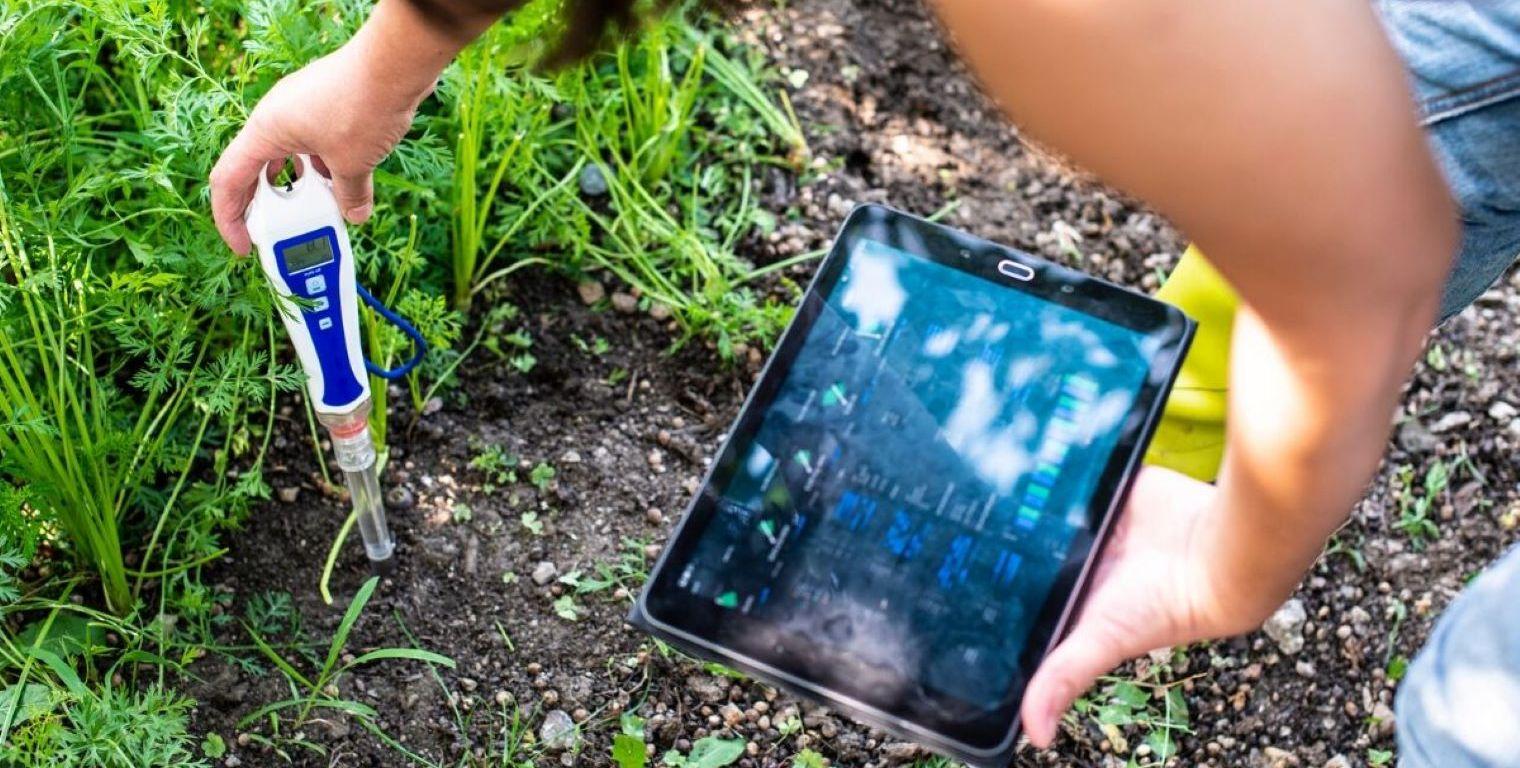Startups Improving Soil Health with Tech and Science

Many farmers, investors, and other participants in agricultural business today adhere to the idea that the health of the soil is just as important as the health of the crops growing on it. The state of the soil has not been given adequate attention for centuries, so now the study of its biology is essential. Furthermore, defining a type of soil and taking various measures to improve its health provides many benefits. In this article, you will learn about five startups working to improve the soil in agriculture.
EOS Data Analytics
EOS Data Analytics has created Crop Monitoring, an online satellite platform for precision farming. This product offers farmers and other agribusinesses the ability to manage fields remotely. With the help of Crop Monitoring, farmers can observe the condition of crops, reduce scouting costs, and leverage satellite-driven data to increase precision of soil analysis for the rational and efficient use of fertilizers and seeds.
The product allows for a more tailored approach to land use by providing data on various field’s characteristics, such as elevation, productivity, soil moisture levels, nutrient requirements, and more. Crop Monitoring makes use of satellite imagery to identify problem areas within a field of any size, as well as in multiple fields at once. Vegetation maps and productivity maps enable variable rate application of seeds, pesticides, and fertilizers, thus saving money and resources. A 14-day weather forecast and historical weather data available since 2006 assist with planning field activities to ensure higher yields at lower costs. The platform is also compatible with the field machinery, allowing you to import data (including VRA maps) right into tractors and combines.
Cool Planet
Cool Planet is the manufacturer of Cool Terra, a soil improvement product. This USDA approved product is based on biocarbon. Depending on the crop grown, farmers can use this product at different stages of growth. Cool Terra promotes the formation of a porous soil environment that contributes to reduced water consumption, increased nutrient levels, and soil microorganisms development. In addition, this product is capable of absorbing atmospheric carbon.
Land Life Company
Land Life Company efforts are aimed at restoring degraded soil. To this end, the company created the biodegradable product Cocoon. Using this product allows you to grow trees without water. Thus, trees can grow in places where the soil is depleted and not conducive to growth. The contents of this product provide a healthy environment for trees. It saturates the soil with nutrients and creates a suitable environment for soil microorganisms to live.
MicroGen Biotech
MicroGen Biotech has created a platform for soil restoration through microbial crop input. The company manufactures microbial products using its flagship Constructed Functional Microbiome technology. This product helps to improve soil health and increase yields. It is actively used in China, as land in many parts of this country is contaminated with cadmium and other heavy metals. Micron Biotech is in demand where the soil is so contaminated that the crops growing there could otherwise contain unacceptable amounts of harmful substances.
Trace Genomics
Trace Genomics has created a product that enables farmers to assess the condition of the soil before seeding. The product was tested in California on farms that grow lettuce and strawberries. Trace Genomics tests a microbiome to detect soil pathogens. With this product, farmers have the chance to find out potential soil productivity, optimize resources and yields, and make better decisions on soil tillage and crop selection.
Innovations in Soil Moisture Sensors
Agricultural producers have been using various technologies for decades to increase field productivity and yields. Technology is also helping farmers improve forecasting and streamline many processes. Farmers can improve their indoor and greenhouse irrigation and climate management with state-of-the-art software, data analysis, sensors, and other innovations. In addition, technologies are constantly evolving, and new advanced opportunities are revealed for agriculture. For example, it was quite challenging to control the temperature and determine the water content of the soil or substrate. However, the quality of the sensors has improved significantly in recent years.
Typically, sensors are connected to an irrigation system and transmit data based on set values about whether the plants need water. However, the electrical conductivity of the soil, or salinity as it is also called, often prevents capacitive sensors from obtaining accurate data. Nutrient solutions contain a large amount of salt, which significantly impacts obtaining accurate data. To date, sensors have been developed that do not depend on the electrical conductivity of the soil. They can measure and transmit data on the actual volumetric water content regardless of the soil salinity.
